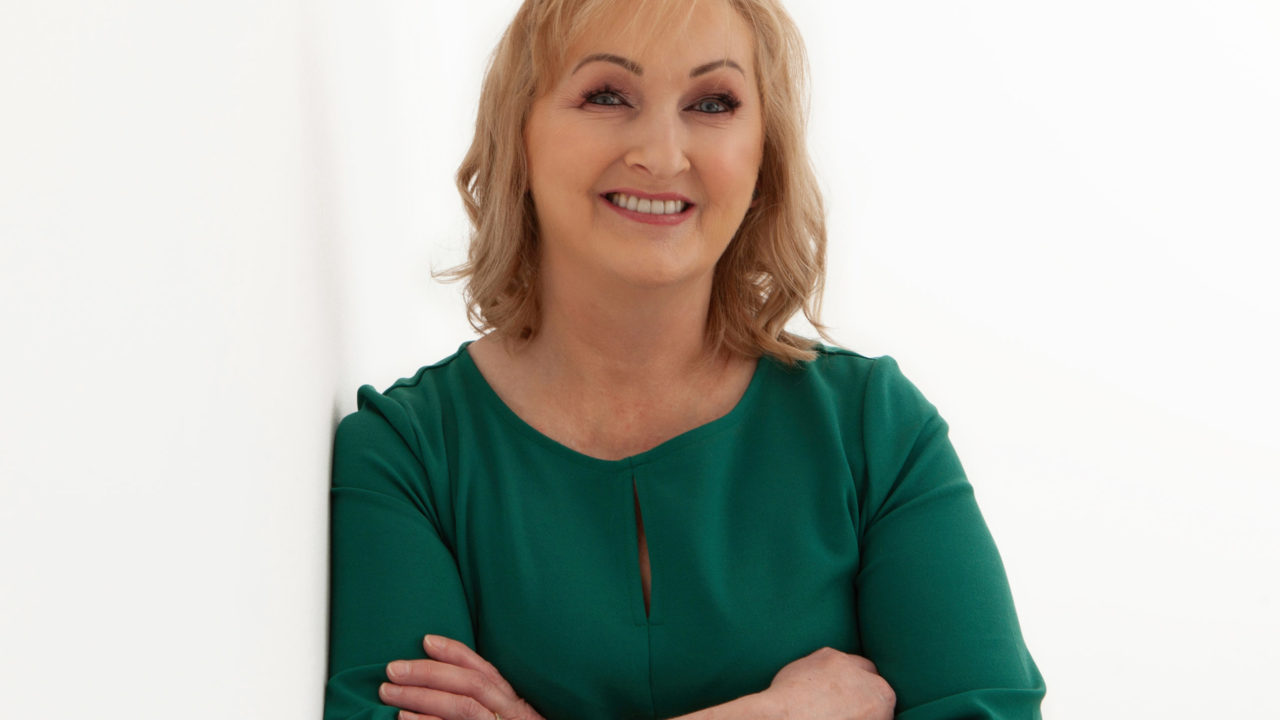The chairperson of north Tipperary Irish Farmers’ Association (IFA) has urged men and women who have put off seeking help for what some continue to see as taboo health issues, to start the conversation and seek support.
Imelda Walsh said that many people, especially those in isolated rural areas, suffered in silence during the pandemic while grappling with menopause, prostate or bowel issues.
Farmers will seek help if something is wrong with their livestock or machinery but will often leave their own health worries, especially those relating to intimate issues, on the long finger, Imelda said.
While TV advertisements and programmes had broken down some barriers, problems associated with menopause, for example, are still taboo subjects for many, she said.
“As a result, the sense of embarrassment, fear and shame often continues and people’s daily lives are affected,” Imelda said
A greater understanding among both sexes of issues such as the menopause could help avoid the negative comments of the past, Imelda said.
“Twenty years ago they often said a woman affected by the personality changes that can come with the menopause was ‘pure quare’. That wouldn’t be said now but it is still not an open conversation,” she added.
Imelda’s comments come as a GP working in the area of menopause care and treatment has called for more awareness and research around menopause in women with intellectual difficulties.
Dr. Deirdre Forde of Céile Medical in Athlone, a dedicated menopause clinic, said the issue of women with intellectual disabilities and menopause is one that is largely going unnoticed, unchecked and unreported.
Dr. Forde said she became alerted to the issue when professionals, caring for women with intellectual disabilities, brought some women to see her for diagnosis and treatment.
“I was quite shocked and taken aback that in this day and age women with real issues around menopause were not being treated, largely because they don’t have an understanding of what is happening to them,” she said.
“This is a real area of concern to me, having treated women with intellectual difficulties as they go through menopause.
“It really doesn’t receive any attention at all and it is very worrying to me as a doctor treating women going through menopause, and as a woman who had a hugely difficult menopause myself, that a large cohort of women are simply not receiving the care they badly need and deserve,” Dr. Forde said.
“Women who are intellectually challenged are often unable to communicate the very real difficulties menopause is presenting to them and it is exacerbating other problems they already live with. It is a vicious cycle, and they are a silent group who are going unnoticed.
“This is not acceptable and I want to see change around this.
“The women themselves are quite traumatised by the changes they are experiencing around menopause. They don’t have a great understanding of it and it really does knock them. It’s frightening for them and they feel quite vulnerable and out of control,” she said.
“Because they don’t always have the tools to articulate what they’re going through, they don’t receive the care they deserve and I want that to change. Menopause is a difficult transition at the best of times but untreated menopause is seismic,” Dr. Forde continued.
“The moods swings can be absolutely horrendous and can cause even the most mild mannered woman to snap, literally. What is basically an hormonal imbalance can wreak havoc with women’s personalities.
“For women with intellectual difficulties this can be absolutely devastating and challenging beyond belief.
“We really need some cohesive research into this in a bid to gain better understanding and better treatment outcomes for these women. Any research we have access to really is from the UK so I am calling for our own research to be conducted as a matter of urgency,” said Dr. Forde.
“The UK research shows that women with intellectual difficulties who are going through menopause are not being adequately prepared or supported and I have absolutely no reason to think that it is any different in this country.
“My experience of treating these women strongly bears this out. We need to educate the carers to be on the lookout for changes and symptoms with the women they care for, and by extension, empower the women themselves to look for help,” she concluded.
